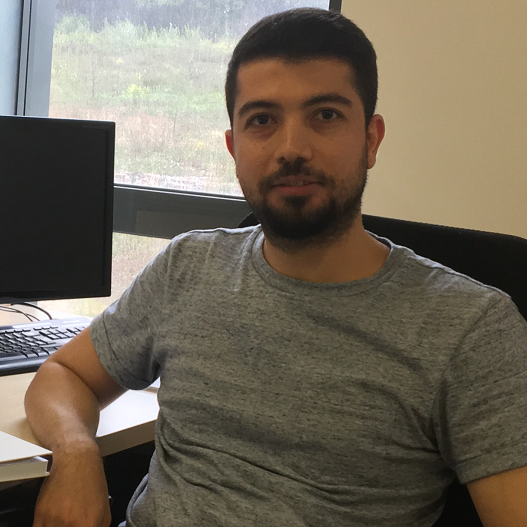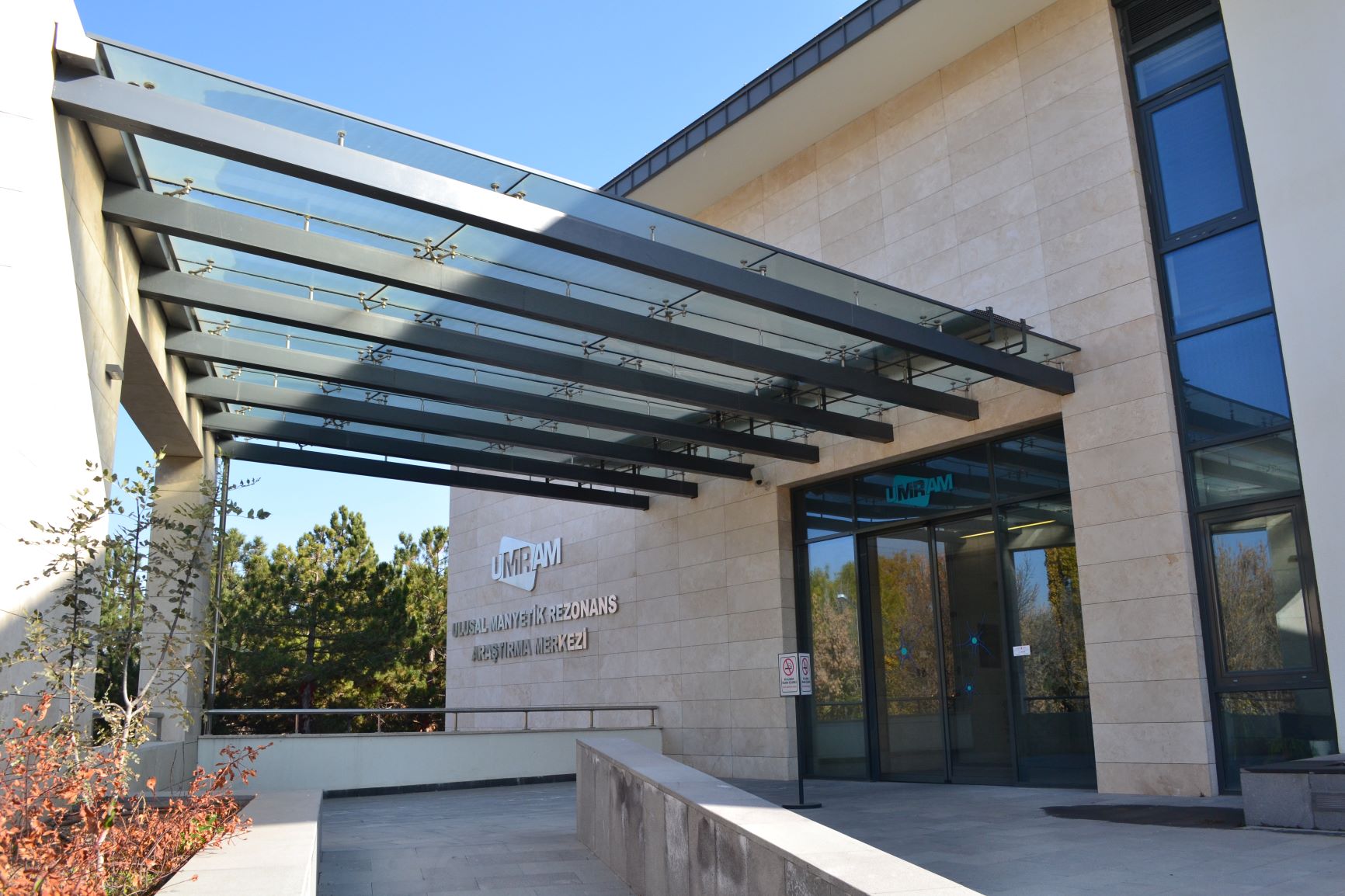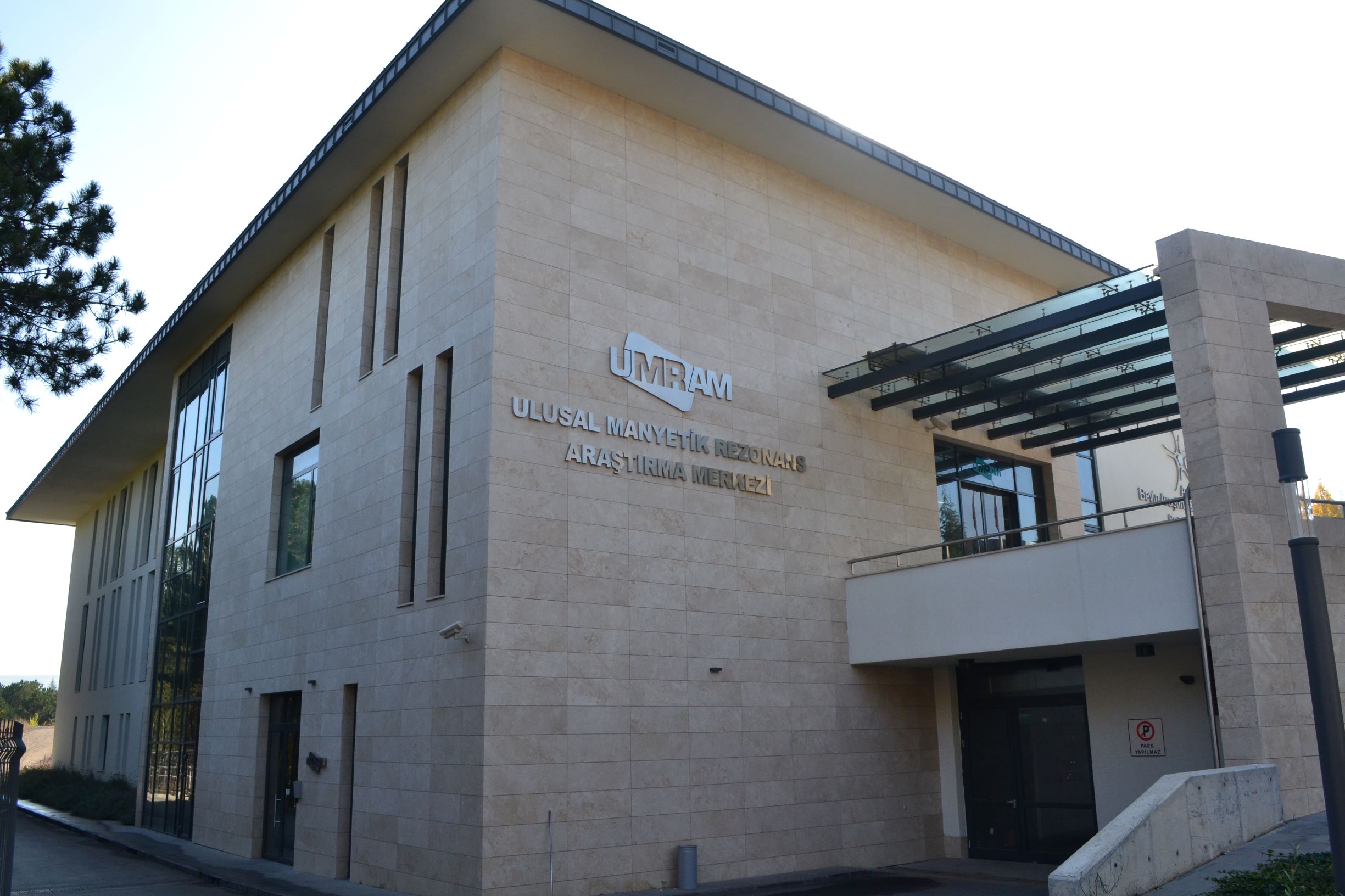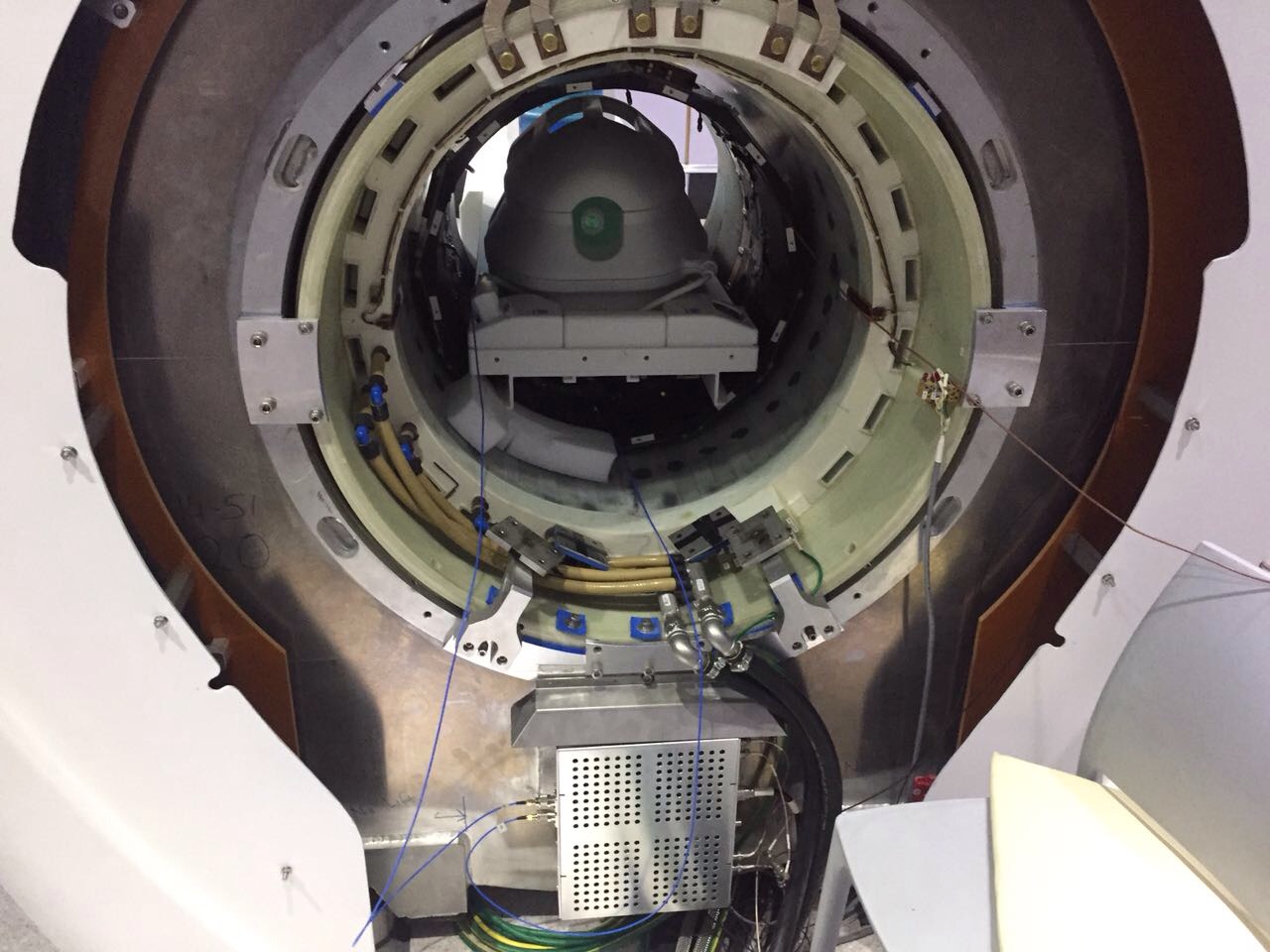Ergin Atalar Laboratory is part of UMRAM and continues its studies with researcher engineers, PhD and graduate students under the supervision of Ergin Atalar.
These studies are carried out on Magnetic Resonance Imaging (MRI) Hardware Engineering.

Within the scope of the laboratory, hardware and software engineering studies for Magnetic Resonance Imaging are carried out:
Magnetic Resonance Imaging Hardware Engineering
Performed on radio frequency transmitter system is a key component of MRI equipment in UMRAM work began first with TÜBİTAK supports, then it turned into ASELSAN-UMRAM cooperation and Turkey has advanced to project development of the domestic MRI device. It was planned to purchase 350 MRI devices within the scope of the industrial cooperation program (SIP) with a tender of the Ministry of Health, and these devices were requested to be produced from domestic sources at least 50 percent at the end of a 10-year project. Within the framework of this project, UMRAM plays an important role in both localization of human resources and contributing to technology. In order to make the localization project sustainable beyond the assembly, it is aimed to make the critical components of the device with local and original designs. Two main components that have been studied for a long time are working with ASELSAN on transmitter and gradient systems.
Conventional MR imaging devices have a single transmitter coil and this coil is driven by a single power amplifier. In our studies, it has been shown that it is possible to bring new capabilities to the device and increase the power efficiency without increasing the cost by making it a 32-channel digital transmitter array. Works to transform into a product that can be produced continue rapidly.
Another main component of the MR device is the gradient coil, which is tuned in a linear manner in the three cartesian coordinates of the linear systems in a linear manner. It is envisaged that the gradient sequence technology developed in our center can change this structure completely and increase the speed of image acquisition. The project started with the support of TÜBİTAK and has now become a joint project with ASELSAN.
One of the important capabilities that can be achieved with this original equipment is the implant compatibility of the MR imaging device. As is known, patients with active implants, such as heart and brain cells, cannot be visualized by conventional MRI devices. In order to solve this problem, researches are carried out on the MRI compatibility of implants, including UMRAM researchers.
It has been shown that MRI devices can be implant compatible with a new technology developed and patented in our center. For the efficient operation of this technology, there is a need for the above-mentioned transmitter array.
Magnetic Resonance Imaging Software Engineering
As in many engineering fields, studies on software in magnetic resonance technologies cause significant improvements in the performance of the device.
The method known as compressed sensing is based on creating high quality images by collecting much less data than traditional methods.
Faculty Member

PhD


Masters


Engineers & Support Team



We welcome applications at all levels (postdocs, graduate and undergraduate students) from motivated candidates.
We are located in UMRAM (National Magnetic Resonance Research Center).
For more, you can send email to Ergin Atalar or follow the link below.
https://umram.bilkent.edu.tr/index.php/career/



